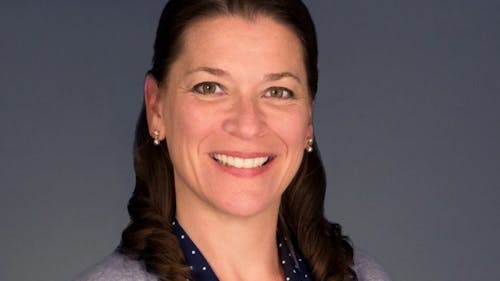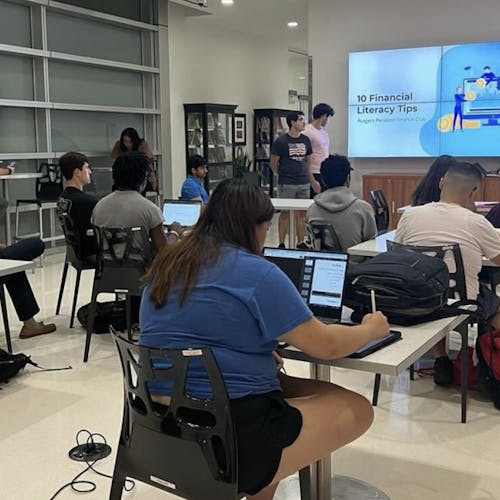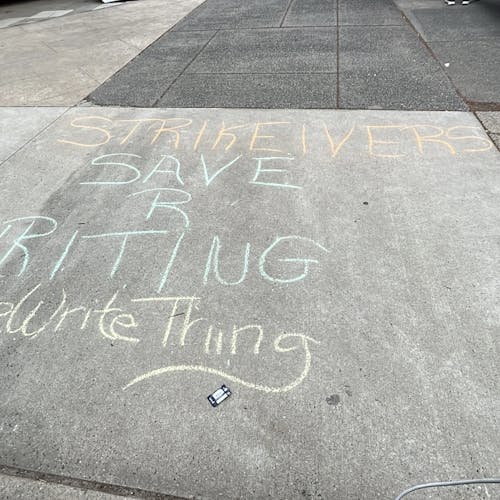Rutgers director talks career exploration with internship season coming soon

For many students, an internship is a great way to gain relevant work experience that opens doors down the road. Rutgers University Career Services (UCS) provides students with the opportunity now to seek internships and employment opportunities during their time at Rutgers from vetted employers and organizations.
According to Career Service’s polling of Rutgers graduates, anywhere from 45 to 50 percent of students participate in at least one internship during their time at Rutgers. Sue Pye, director of Career Exploration for University Career Services, said she hopes that UCS can raise that number as high as it can be so that more students can benefit from getting early professional experience.
One of UCS’s credit opportunities is the Rutgers Internship and Co-op Program (RICP). This program allows students to take an online class alongside their internship that is pass-fail and provides 3 credits for students.
Pye helps many students with their career plans, as well as oversees RICP. Having finished her undergraduate studies at Rutgers herself, she said she now assists students with their professional development and career aspirations.
The Co-op portion allows students to receive 6 credits for their full time employment, often for approximately six months, she said. These kinds of situations are not common for Rutgers students who typically take internships part-time, but those with much lighter course loads that focus primarily on their employment.
The online course attached to RICP requires students to submit assignments detailing the work they do and the skills they are learning. Pye said the course is done online because many student internships are off-campus, and it is simply more practical to allow students a little flexibility in keeping up with their responsibilities.
There is a $100 fee attached to signing up for the RICP program. This is the online course fee that many students also pay for many of their other classes, she said.
“That $100 fee, that's the online course fee, that's not our special fee or anything," she said. "We are not involved or in charge of any money or anything. It's the online fee you pay for any class.”
Students pay full-time tuition if they take 12 or more credits, according to the Rutgers Student Accounting, Billing and Cashier Services. This rate is flat once 12 credits are reached, so taking on an internship would not mean students have to pay tuition for those credits. The only time a situation would arise in which an internship costs more than $100 is if the addition of 3 internship credits shifts a student from part-time to full-time status.
Pye also said that many programs and majors in Rutgers offer their students internships opportunities. RICP is just one of many different ways students can get credit for their work outside the classroom in their relevant fields.
Career Services works with many different employers, and it is always actively seeking new partners to provide the student body with the ability to gain real world and useful experience before they graduate. Pye said that when students finish internships with employers, UCS will look into developing a relationship with the organization to see if it can be a source for future internships for Rutgers students.
Pye said that internships are a great opportunity for students to get their foot in the door of the professional world. At their core, internships provide students with relevant work experience that makes a student more attractive to potential employers, and sometimes they can carry over into direct offers for a full-time position.
“Our primary goal, and what we encourage all students to do, is at least one internship before they graduate,” she said. “And the reason why we do that is a lot of the national data shows that those who participate in internships are more likely to have offers by the time they graduate.”



